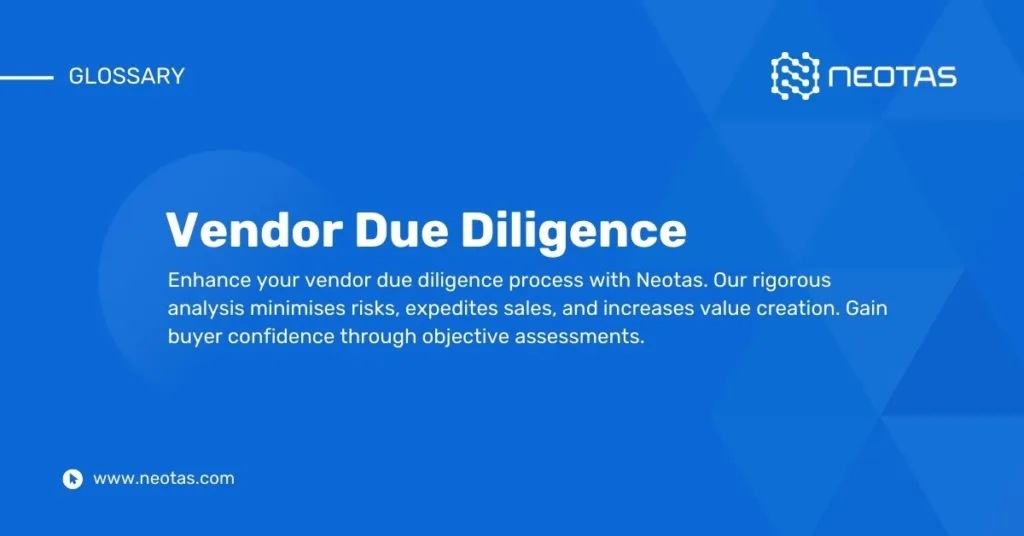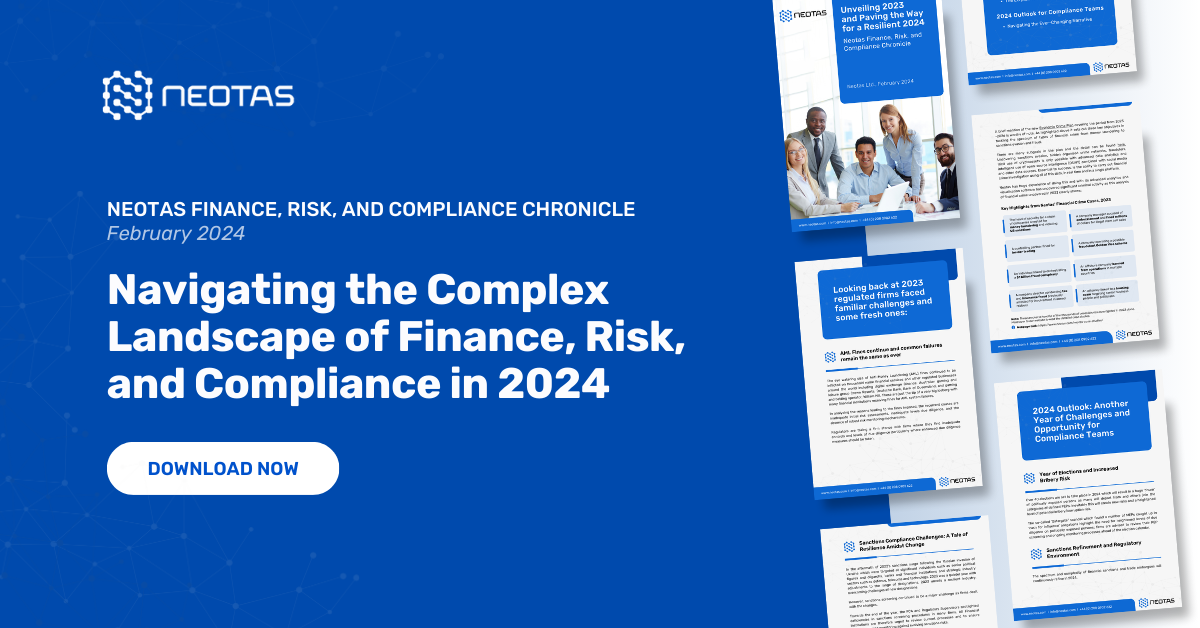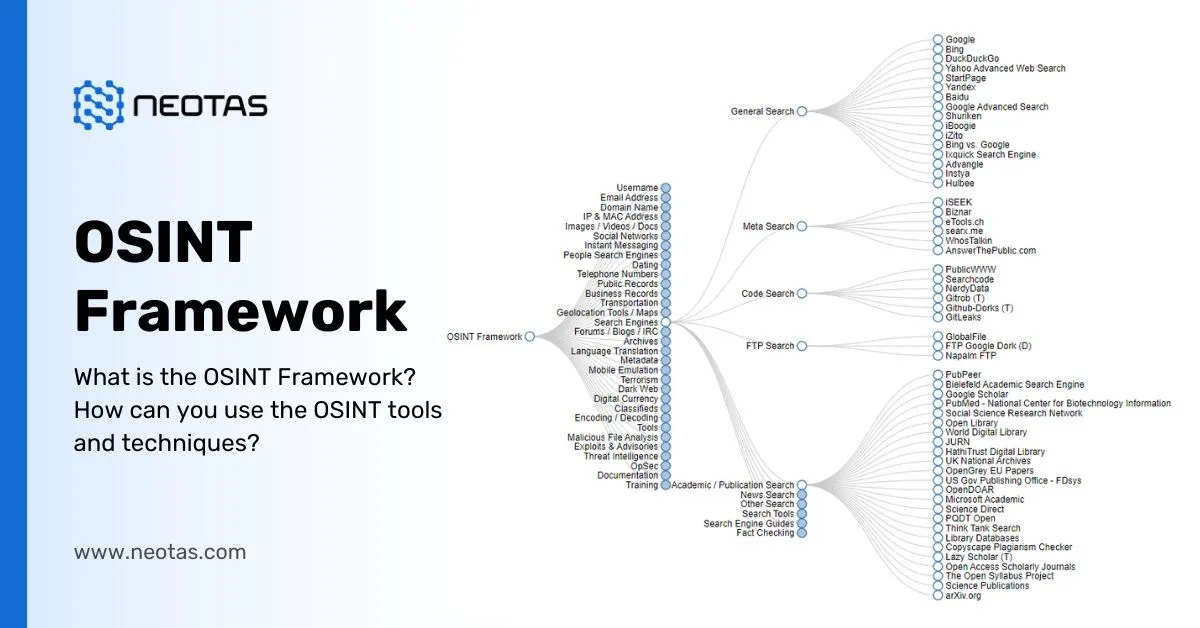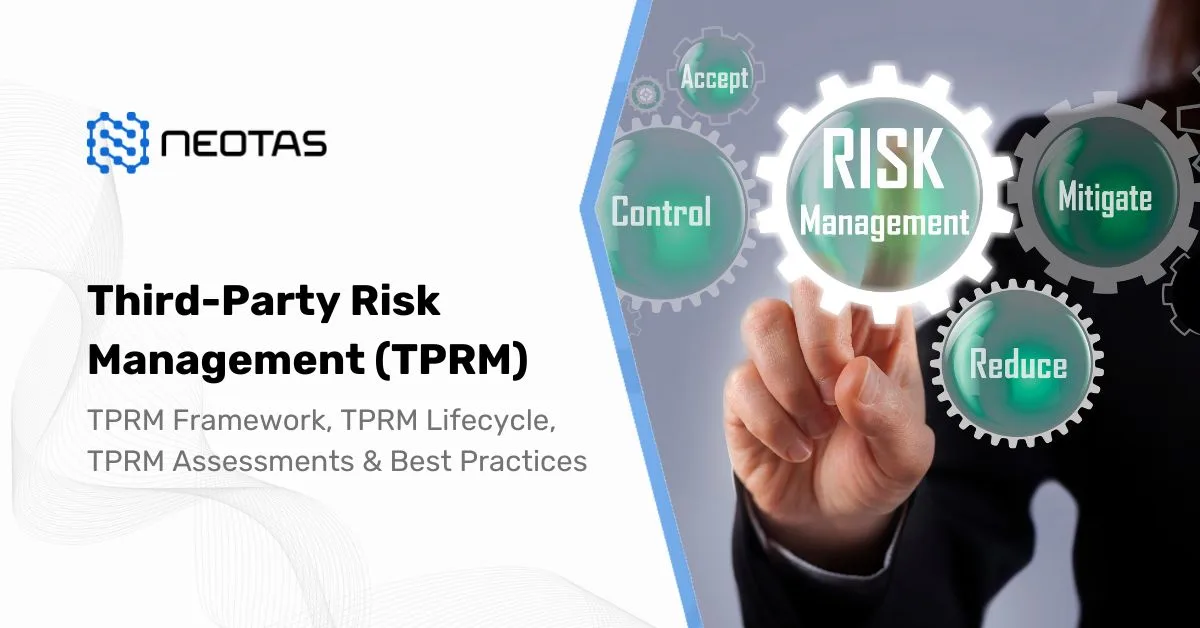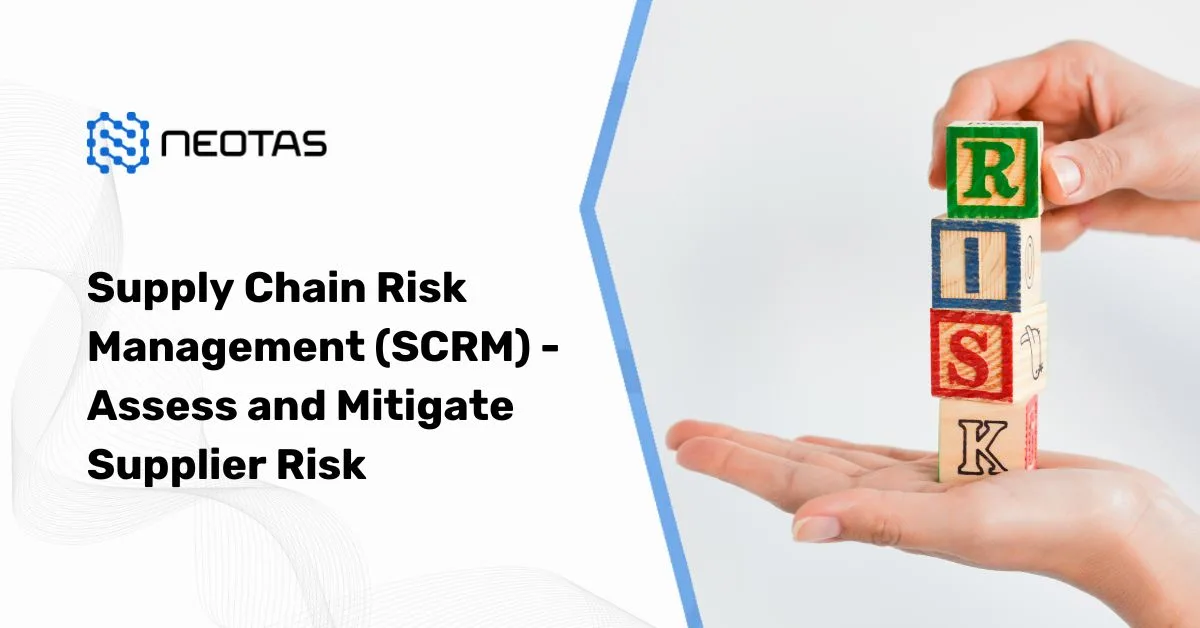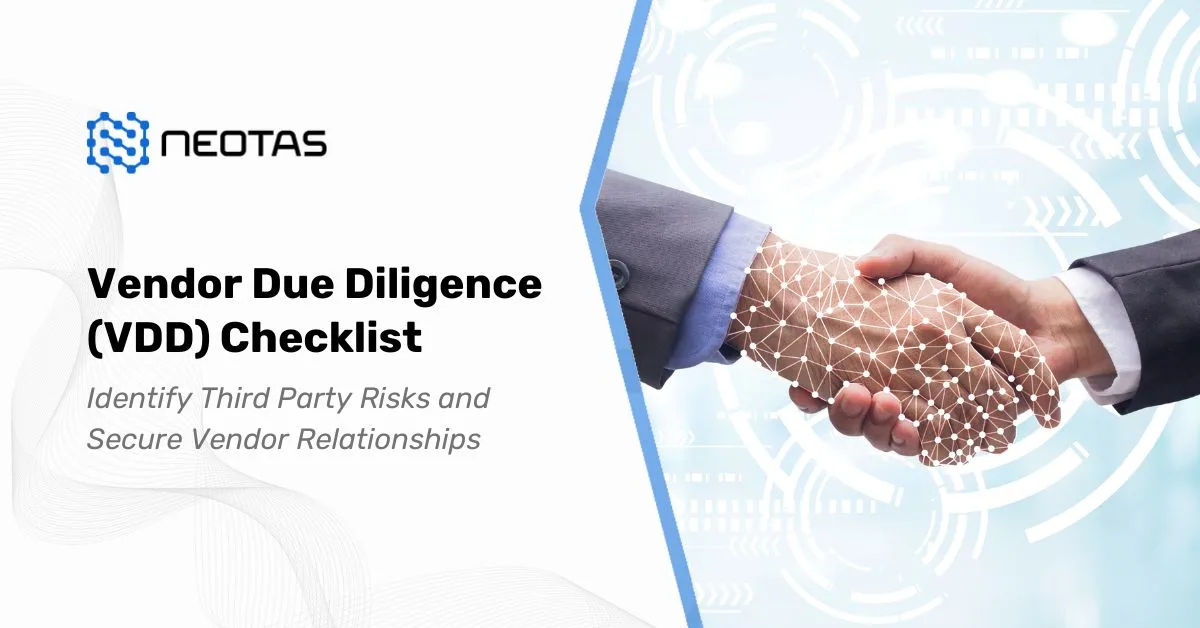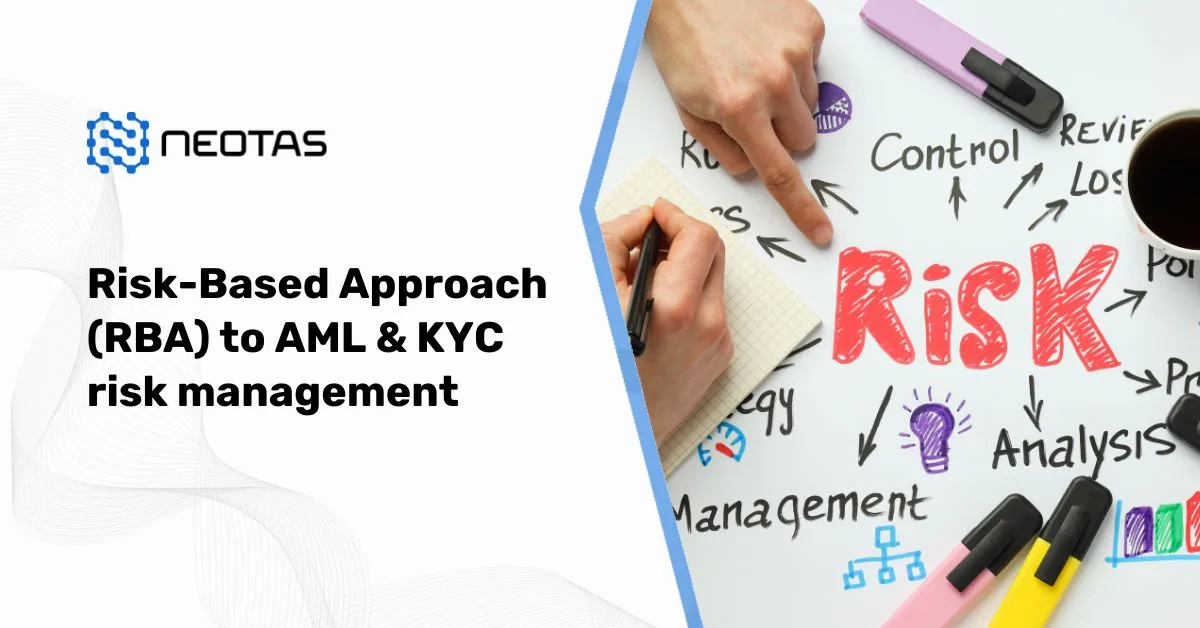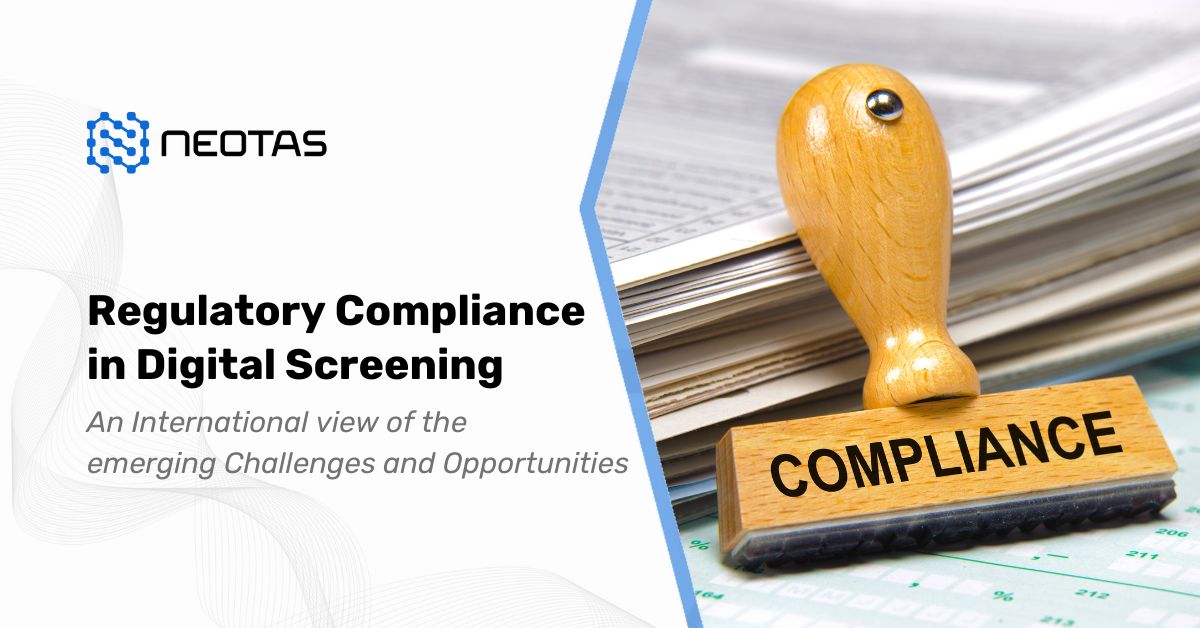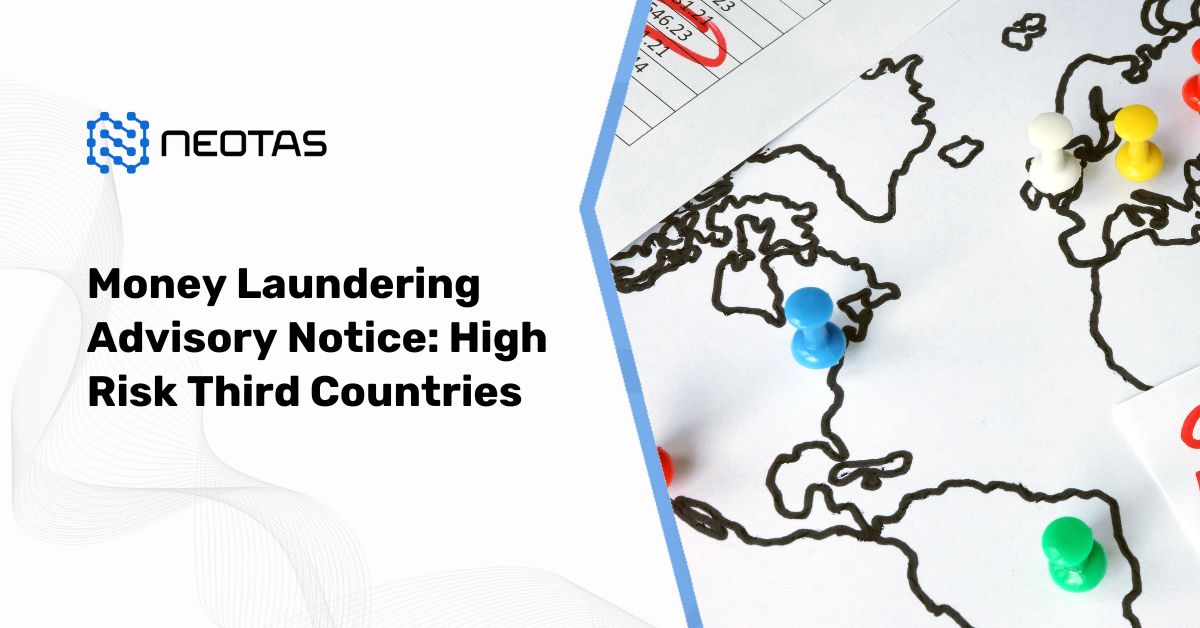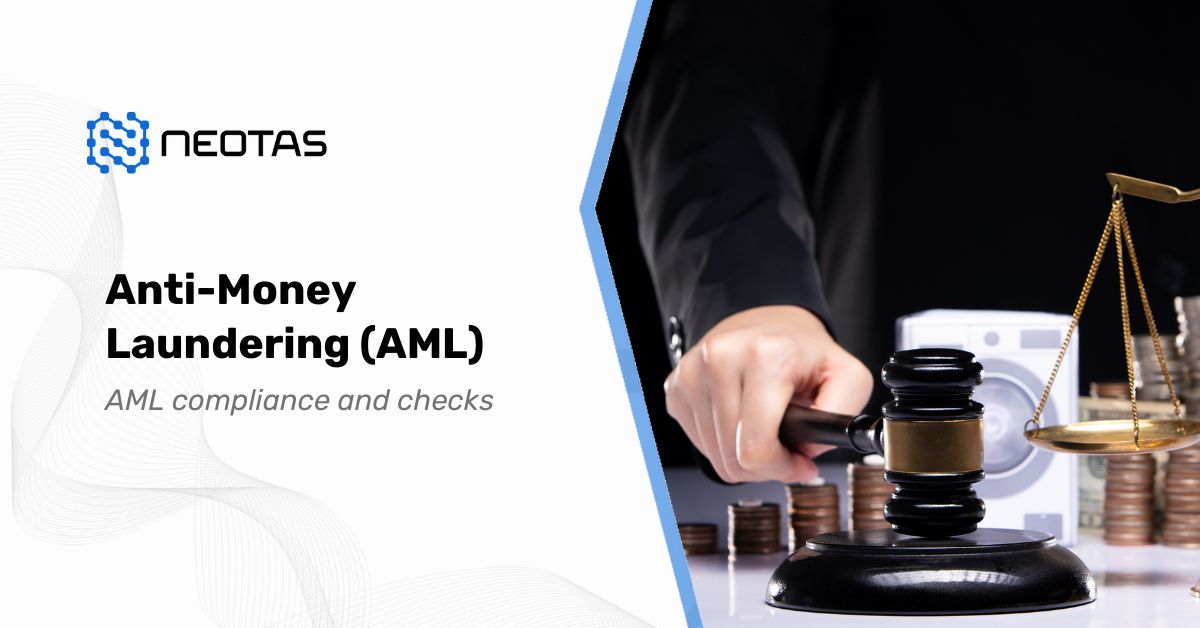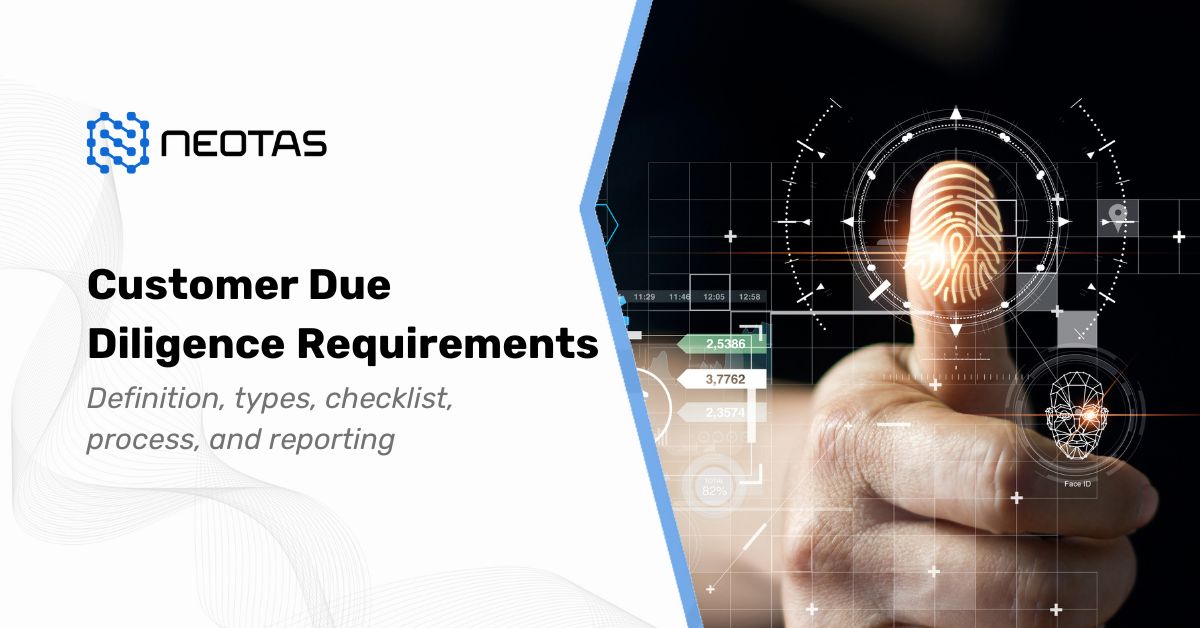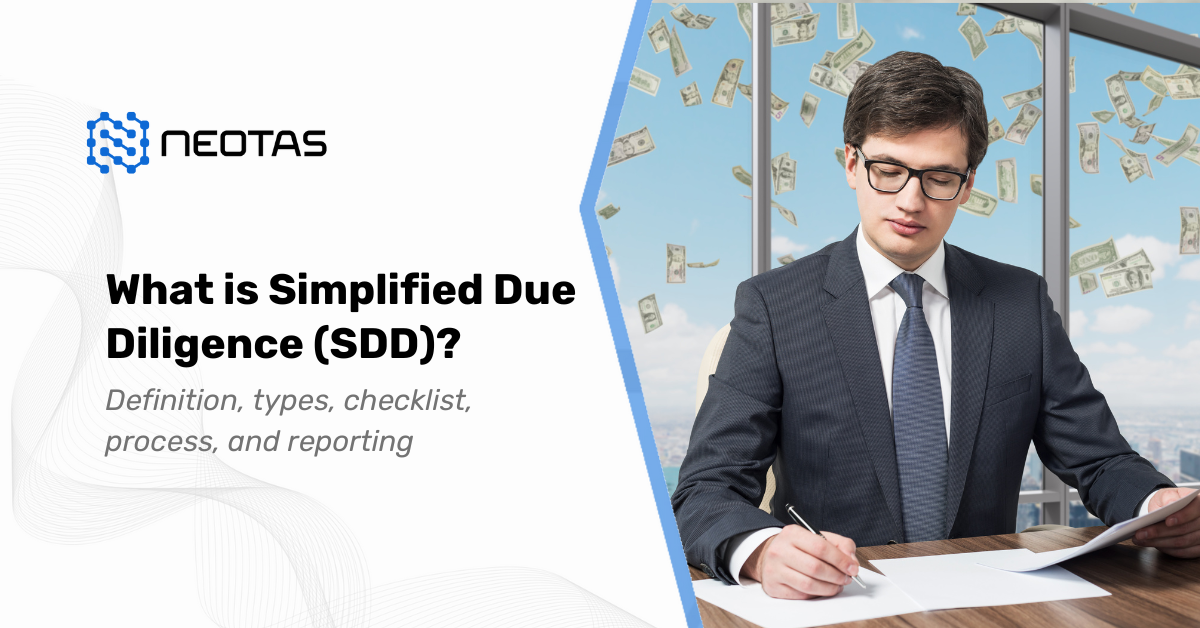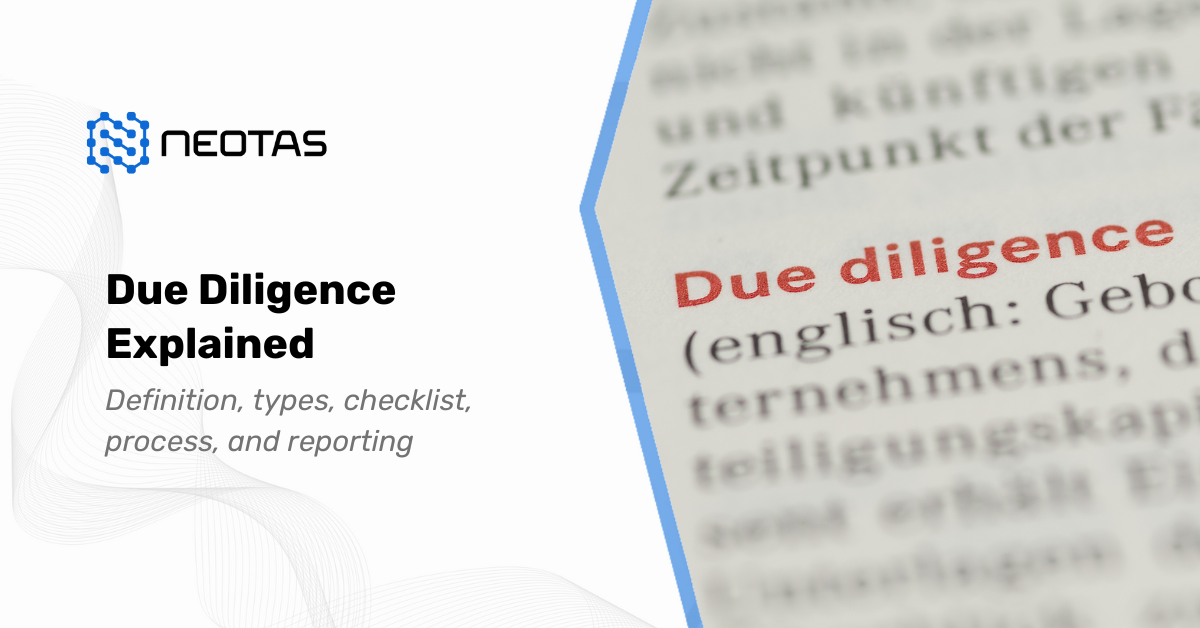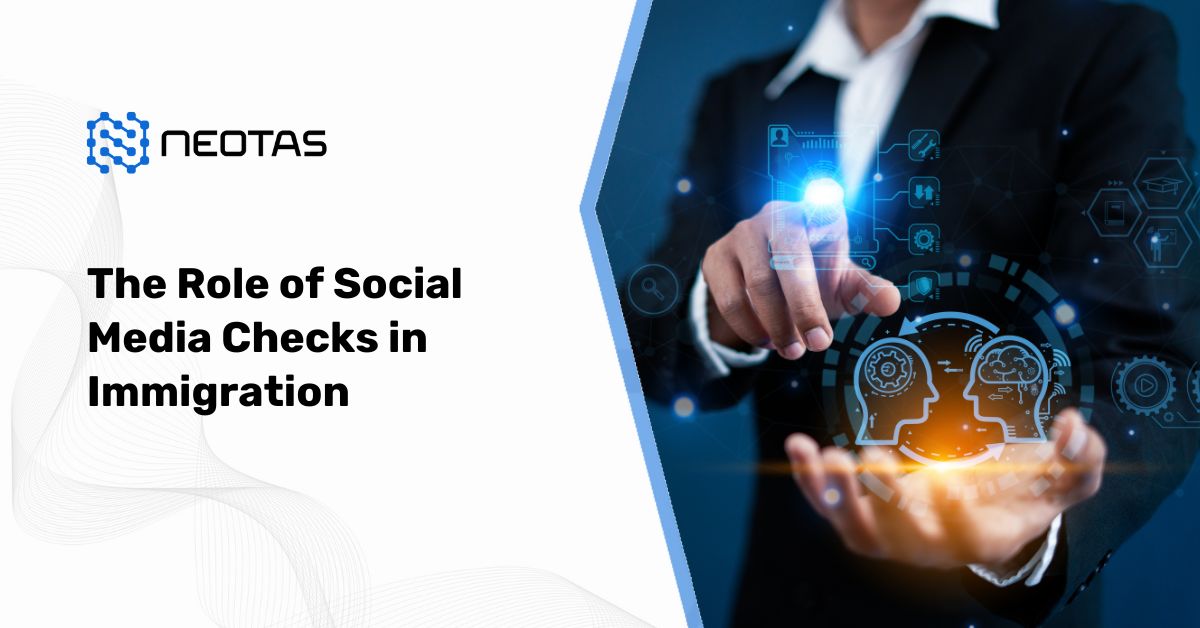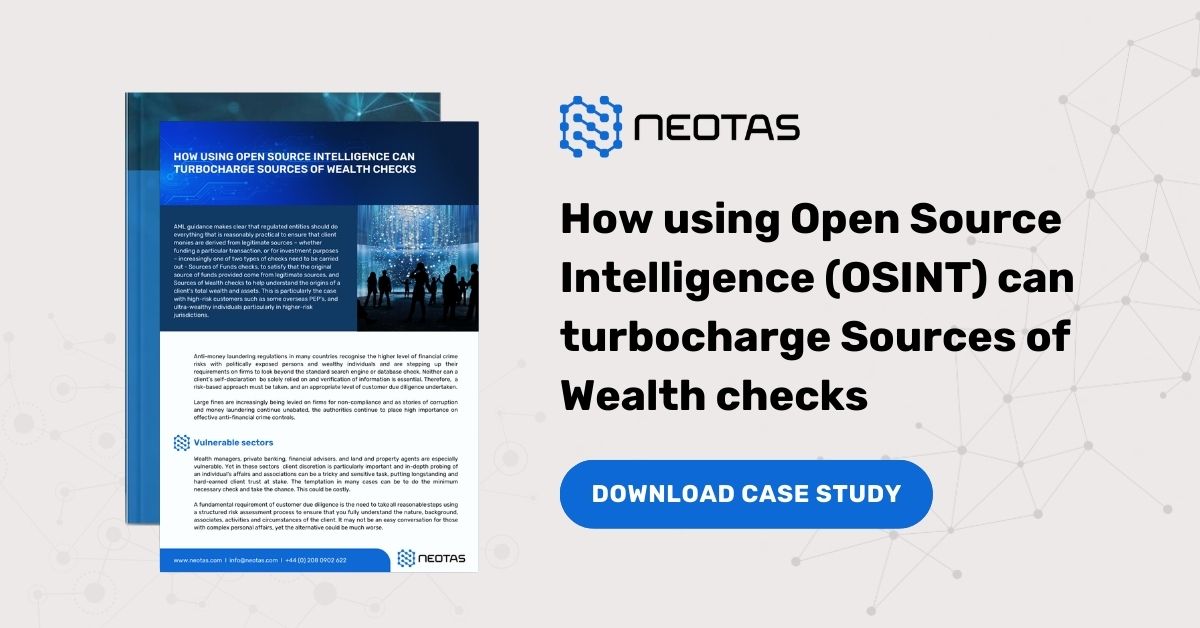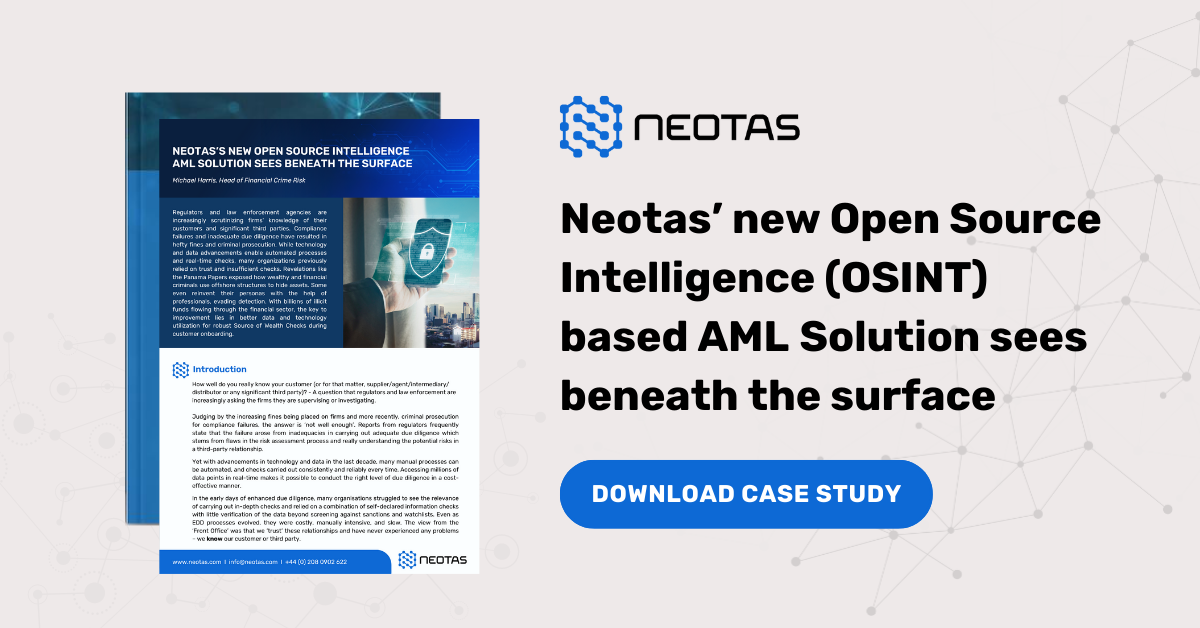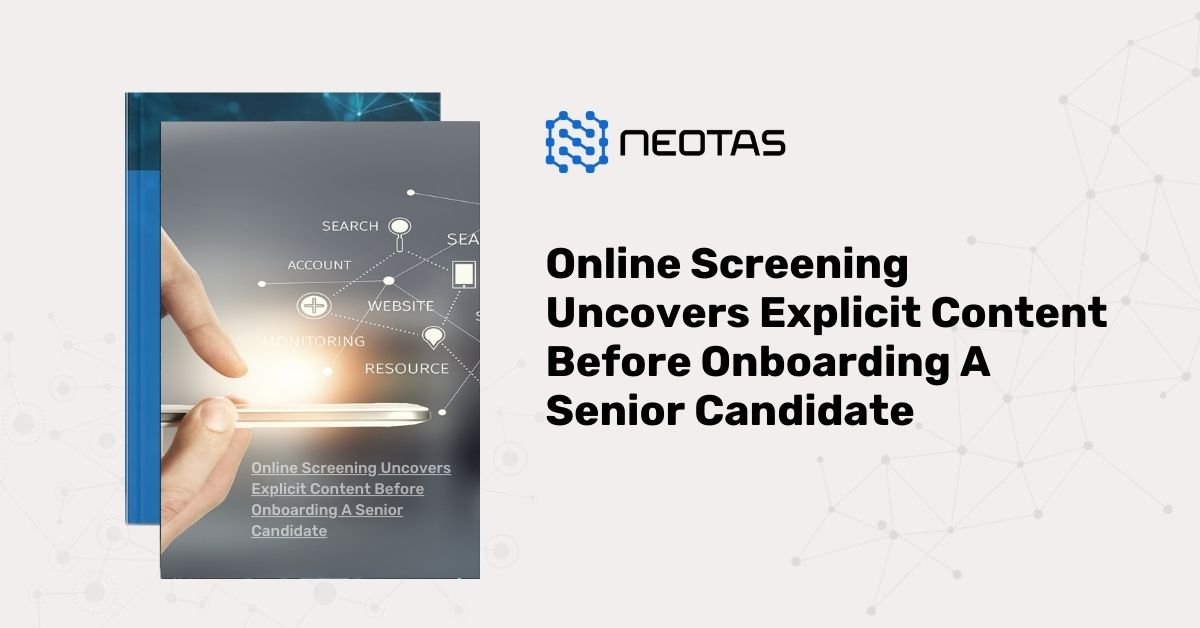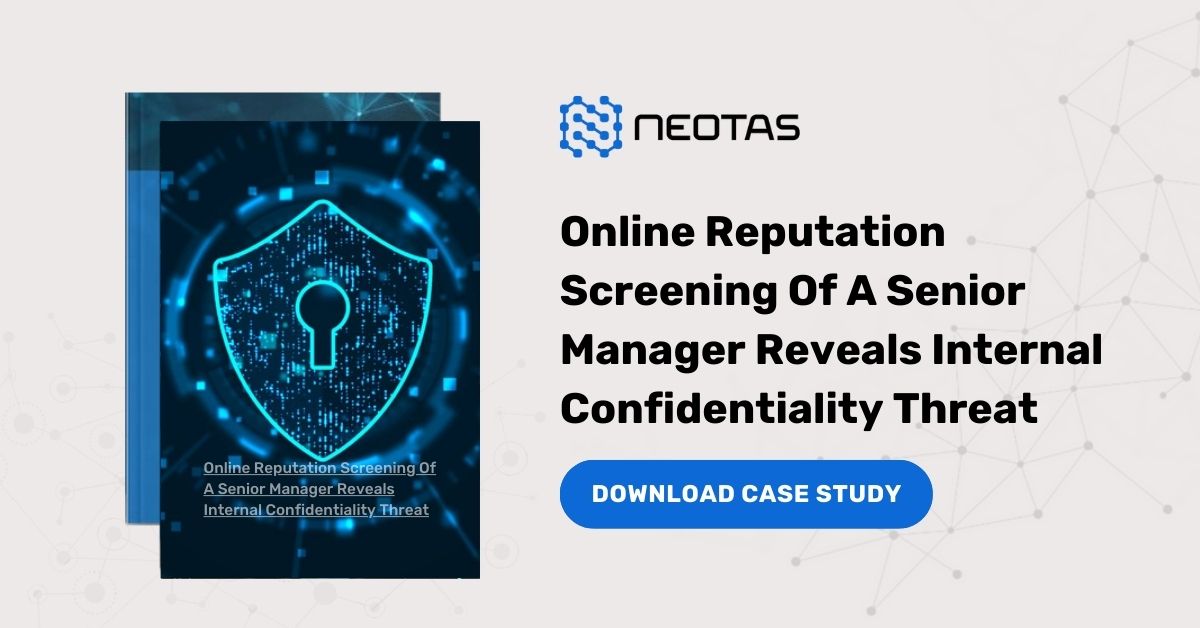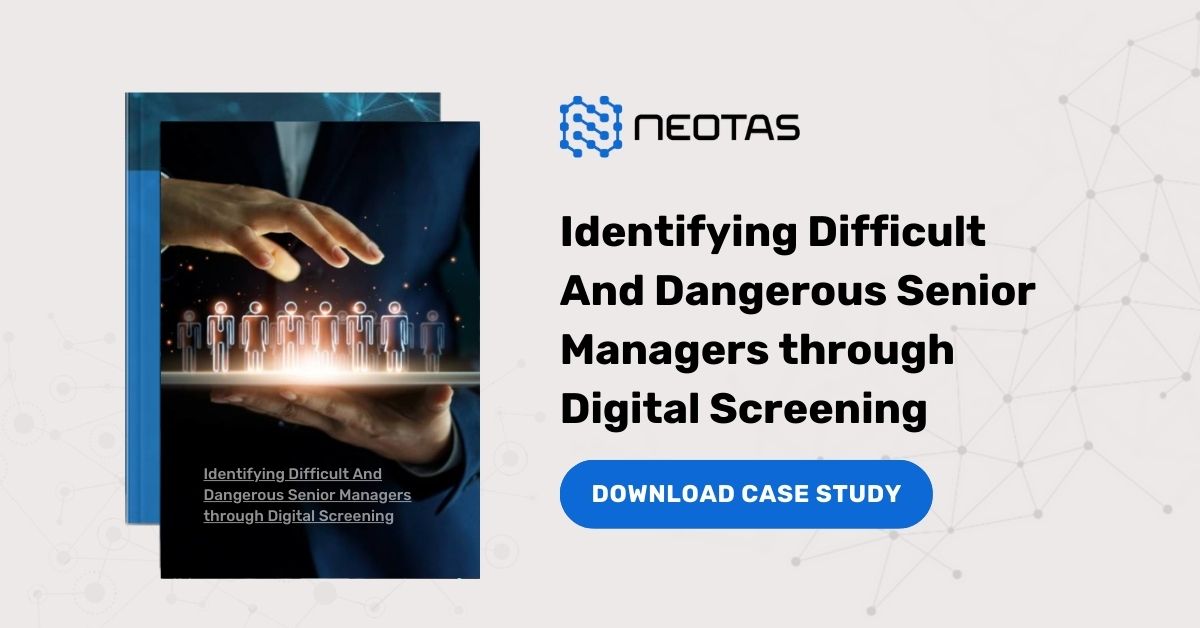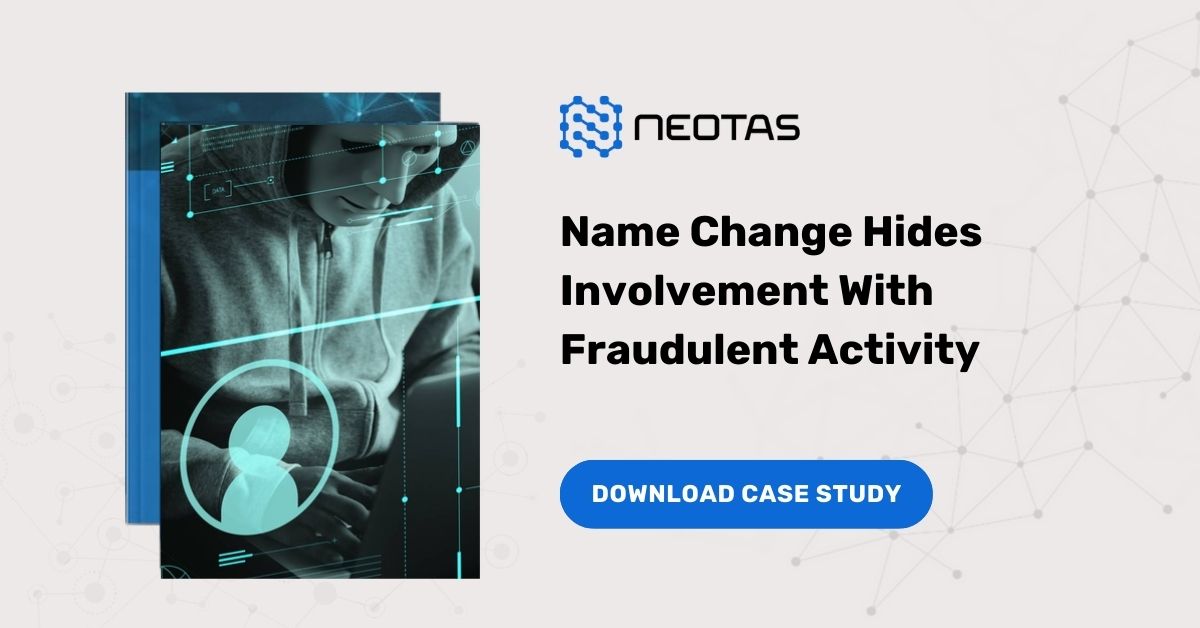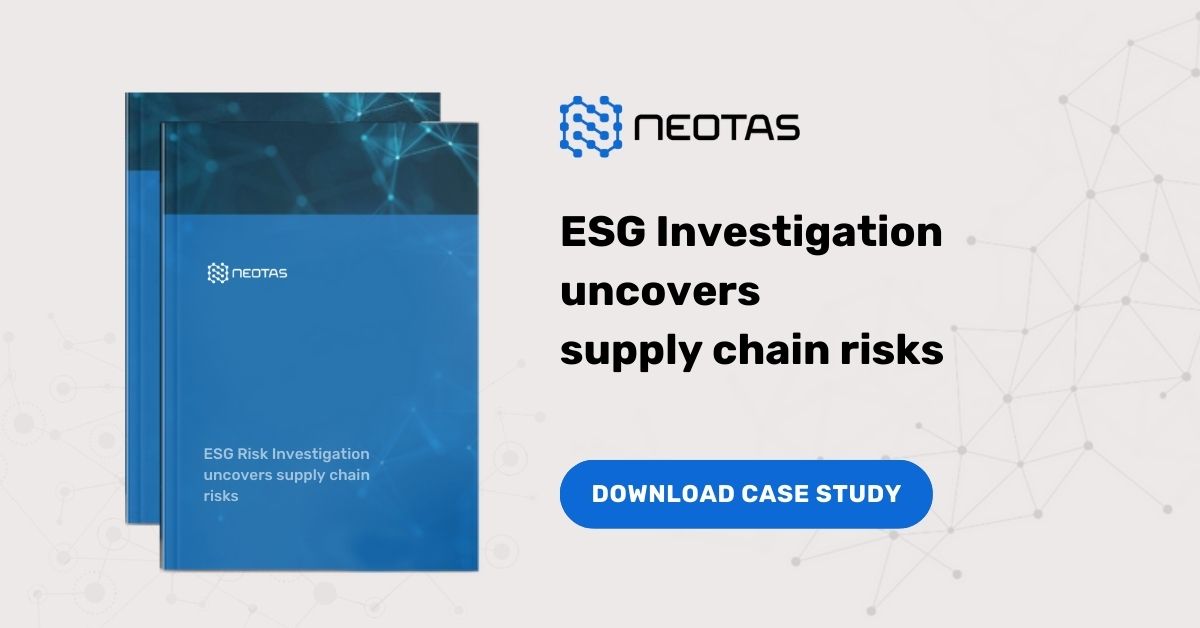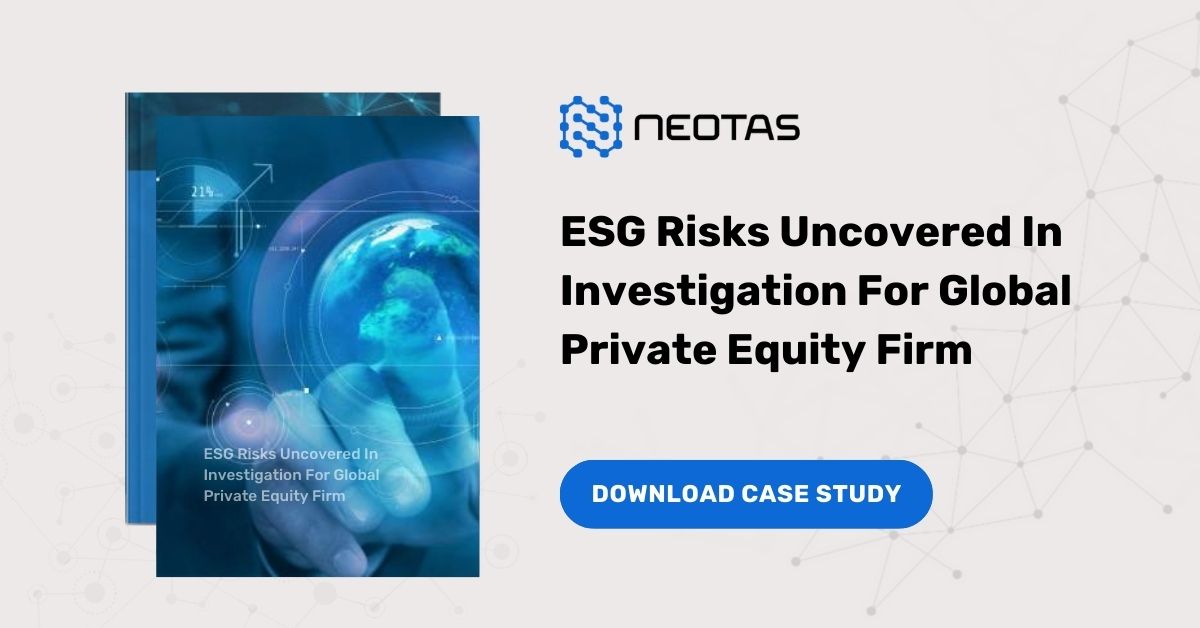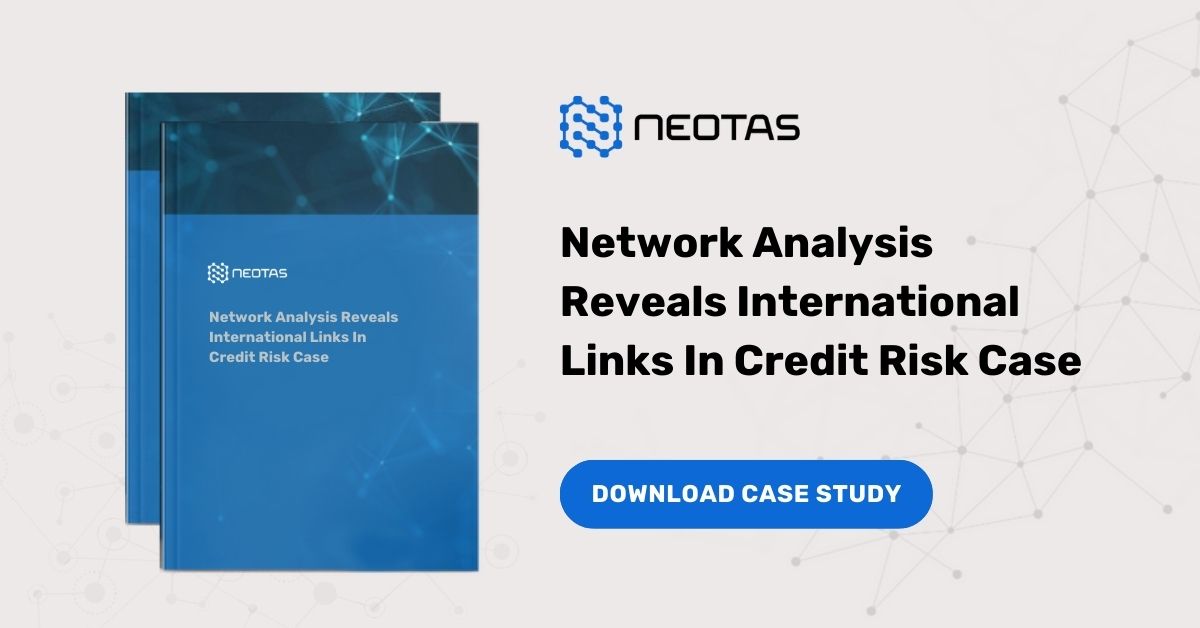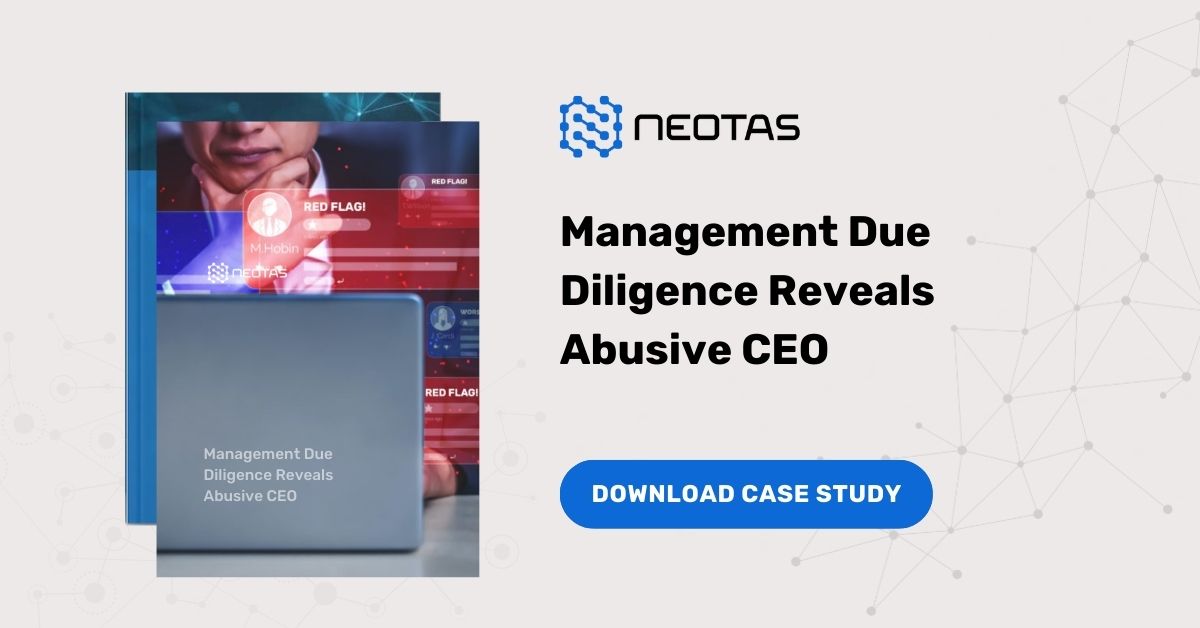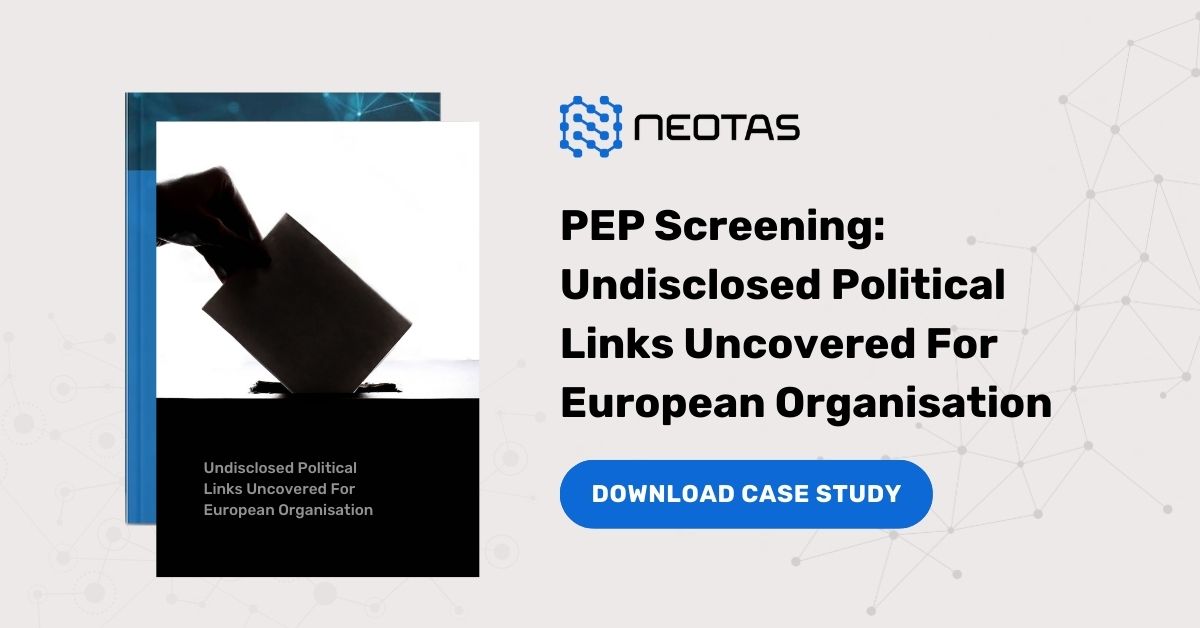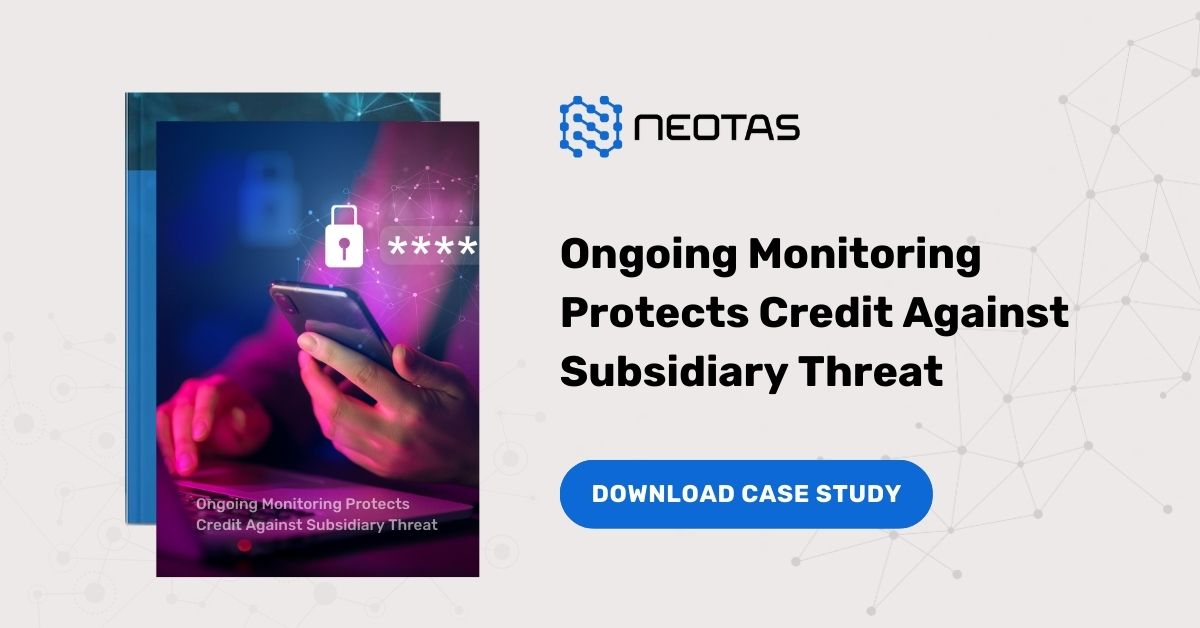Vendor Due Diligence Checklist
A comprehensive Vendor Due Diligence Checklist is an invaluable tool for organizations seeking to streamline and standardize their vendor evaluation processes. This checklist serves as a structured guide, ensuring that no critical aspect is overlooked during the due diligence journey. By following a well-defined checklist, organizations can consistently identify and mitigate potential risks associated with vendor engagements, fostering long-term, sustainable business relationships, and maintaining compliance with regulatory requirements and industry best practices.
Here is a detailed Vendor Due Diligence Checklist that covers various essential aspects:
- Planning and Scoping:
- Define the scope and objectives of the vendor due diligence exercise
- Identify the specific requirements, risks, and areas of concern
- Establish a clear understanding of the nature of the vendor’s services
- Determine the criticality of the engagement and potential impact
- Vendor Information Gathering:
- Obtain and review the vendor’s company profile and background
- Request and analyze financial statements and credit reports
- Collect information on the vendor’s service offerings and capabilities
- Review the vendor’s operational processes and performance metrics
- Information Security and Data Protection:
- Assess the vendor’s information security policies and controls
- Evaluate data protection and privacy practices (e.g., GDPR compliance)
- Review incident response and breach notification procedures
- Verify third-party audits and security certifications (e.g., ISO 27001)
- Risk Management and Governance:
- Understand the vendor’s risk management framework and processes
- Evaluate internal controls and compliance monitoring mechanisms
- Review policies and procedures for managing third-party risks
- Assess the vendor’s governance structure and oversight mechanisms
- Regulatory Compliance and Legal Considerations:
- Identify applicable laws, regulations, and industry standards
- Review the vendor’s compliance management programs and controls
- Evaluate legal obligations and contractual terms
- Assess licensing and intellectual property rights
- Third-Party Relationships and Subcontracting:
- Determine the vendor’s reliance on third-party vendors or subcontractors
- Evaluate the vendor’s third-party risk management practices
- Review due diligence processes for evaluating third-party providers
- Assess monitoring and oversight mechanisms for third-party relationships
- Business Continuity and Disaster Recovery:
- Review the vendor’s business continuity and disaster recovery plans
- Evaluate data backup and recovery strategies
- Assess incident response and crisis management procedures
- Verify testing and validation of recovery plans
- Environmental, Social, and Governance (ESG) Practices:
- Review the vendor’s environmental policies and sustainability initiatives
- Evaluate corporate social responsibility and ethical practices
- Assess diversity, equity, and inclusion policies
- Review governance frameworks and board oversight
- References and Past Performance:
- Obtain and verify client references and testimonials
- Review past performance and project success stories
- Evaluate dispute resolution and termination history
- Assess industry recognitions and awards
- Risk Assessment and Mitigation:
- Conduct a thorough risk assessment based on the gathered information
- Identify and prioritize potential risks associated with the vendor engagement
- Develop and implement appropriate risk mitigation strategies
- Negotiate contractual terms and establish monitoring mechanisms
- Final Evaluation and Recommendation:
- Prepare a comprehensive report summarizing the due diligence findings
- Provide a clear recommendation on proceeding with the vendor engagement
- Outline any necessary risk mitigation measures or contingency plans
- Obtain approval from relevant stakeholders and decision-makers
- Ongoing Monitoring and Reassessment:
- Establish processes for ongoing monitoring and periodic reassessments
- Review and update the vendor due diligence documentation regularly
- Adapt to changes in the vendor’s operations, risk profile, or regulatory environment
- Foster open communication and collaboration with the vendor
The Vendor Due Diligence Checklist should be tailored to the specific needs and requirements of the organization, as well as the nature of the vendor engagement. It may be necessary to add or modify certain items based on the industry, regulatory landscape, or specific concerns identified during the planning and scoping phase.
Effective use of the Vendor Due Diligence Checklist requires collaboration and cross-functional involvement from various departments, such as procurement, legal, information security, risk management, and subject matter experts. Regular reviews and updates to the checklist are crucial to ensure its relevance and effectiveness in identifying and mitigating potential risks associated with vendor engagements.
By leveraging a comprehensive Vendor Due Diligence Checklist, organizations can enhance their vendor evaluation processes, mitigate potential risks, and foster long-term, sustainable business relationships with their vendors, while maintaining compliance with regulatory requirements and industry best practices.
Read more about Third-Party Risk, TPRM software, and TPRM processes.
Read the detailed guide on Vendor Due Diligence Checklist
How can Neotas Vendor Due Diligence report help?
Enhance your vendor due diligence process with Neotas. Our rigorous analysis minimises risks, expedites sales, and increases value creation. Gain buyer confidence through objective assessments. Through our enhanced due diligence platform, businesses can efficiently track and evaluate vendors and contractors, ensuring adherence to security protocols in a cost-effective manner.
The Neotas platform automates the vendor onboarding process, streamlining the addition of new vendors with remarkable ease and speed.
Moreover, Neotas provides a customisable dashboard, enabling businesses to proactively identify and address emerging risks. By consolidating vital vendor information, Neotas facilitates the seamless integration of risk management into existing Customer Relationship Management (CRM) and Supply Chain Management (SCM) systems, ultimately helping businesses maximise profits while minimising risk exposure.
Request a Demo
If you’re curious about whether our Vendor Due Diligence solutions and services align with your organisation, don’t hesitate to schedule a call. We’re here to help you make informed decisions tailored to your needs.
Vendor Due Diligence Solutions:
- Enhanced Due Diligence
- Management Due Diligence
- Customer Due Diligence
- Simplified Due Diligence
- Third Party Risk Management
- Vendor Due Diligence
- Vendor Due Diligence (VDD) Guide
- Vendor Due Diligence Report
- Vendor Due Diligence Checklist
- Vendor Due Diligence Questionnaire
- Vendor Due Diligence Process
- Open Source Intelligence (OSINT)
- Introducing the Neotas Enhanced Due Diligence Platform
Vendor Due Diligence Case Studies:
- Third Party Risk Management (TPRM) Using OSINT
- Open-source Intelligence For Supply Chain – OSINT
- ESG Risk Management Framework with Neotas’ OSINT Integration
- Open Source Intelligence In AML Compliance | Case Study
- Identifying Difficult And Dangerous Senior Managers
- ESG Risk Investigation Uncovers Supply Chain Risks
- Financial Crime Compliance & Risk Management Trends
- Network Analysis Reveals International Links In Credit Risk Case
- Network Analysis and Due Diligence – Terrorist Financing
- Using OSINT For Sources Of Wealth Checks
- ESG Risks Uncovered In Investigation For Global Private …
- PEP Screening: Undisclosed Political Links Uncovered For European Organisation
- Risk-Based Approach (RBA) to AML & KYC risk management
- Anti-Money Laundering (AML)
- Supply Chain Risk Management
- Due Diligence Explained: Types, Checklist, Process, Reports

